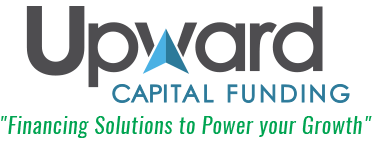The Pros and Cons of Accounts Receivable Financing
Most small business owners find themselves going through lean periods now and then. There are times when your bank account just isn’t flush enough to keep the business running. So what do you do when a traditional bank loan or line of credit isn’t available or won’t cover the bills? In these instances, you might do well with accounts receivable financing. What is it and what are the pros and cons? Have a look.
What is AR Financing?
AR Financing, or factoring, is when your business sells its unpaid invoices to a third party at a discount. That finance company then proceeds to collect on the balances due and takes on the risk of late or never paying customers while you have immediate access to cash. The amount you get paid depends on how old your invoices are. Current receivables are worth more than those that are past due. Anything 90 days past or older typically aren’t financed.
What Are the Pros?
The biggest pro of accounts receivable financing is obtaining quick cash. Small businesses need to pay for everything from inventory and raw materials to office renovations and employee payroll. Bank accounts aren’t always reliable. They can fluctuate for many reasons including seasonal changes and big-ticket purchases. Applying for a bank loan can take a long time, if you’re approved at all. With factoring, you get cash immediately to cover upcoming bills.
Another pro is that an accounts receivable loan is considered unsecured financing so you won’t need personal collateral. Putting up your house or place of business for a loan can be stressful. What will you do if your business fails? Ease your mind by selling your invoices instead.
What Are the Cons?
There is a negative side to using factoring. For one, you may lose control over what customers you can work with. The financing company might insist that you stop doing business with certain customers because they have a poor payment history or credit score.
Another negative is the cost of working with an AR financing company. Overall, it can add up to over 30 percent interest over the total year. You’re charged interest on the cash advance that’s a point or two higher than prime rate and the factoring company will often take between one and four percent of an invoice as their commission.
Accounts receivable financing can be a blessing to small businesses who need a fast influx of money to cover specific bills. As long as you know both the pros and cons, you should be able to make an informed decision whether to apply for this type of financing.




